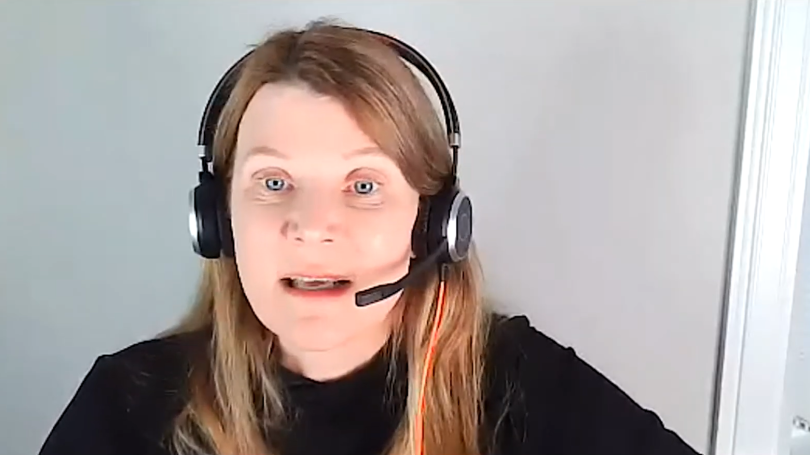
- Public Policy
- Leadership
- Funding
- News & Events
- About the Center
Back to Top Nav
Back to Top Nav
Back to Top Nav
Back to Top Nav
On Wednesday, February 25th, 2021 the Rockefeller Center had the pleasure of having Anne Alstott, Jacquin D. Bierman Professor at the Yale Law School, speak in its virtual public policy broadcast, Rocky Watch. Professor Alstott’s discussion, entitled “The Public Option Beyond Healthcare,” focused on the potential that the public option has for transforming American civic life, offering solutions to a variety of problems, from housing shortages to inadequate childcare. Drawing on the argument set forth in her book, The Public Option, Professor Alstott proposes that government-provided services are all around us and ready to increase freedom and opportunity if we let them.
Public options are reasonably priced government-provided services that coexist with private options. They include health care, public libraries, post offices, public highways, public schools, and now, as Professor Alstott proposes, broadband internet. Public options are one tool that we can use once we identify a rationale for government action. As Professor Alstott explained in her discussion, not every service has a rationale requiring government action. A hair salon, for instance, is not a necessity that all Americans need equitable access to, as compared to education and health care. Rather, the public option addresses situations where markets fail, and liberty and equality are threatened.
However, there is an unspoken distinction among public options that Professor Alstott alludes to. Public libraries are one public option that have escaped the criticism of neoliberals and being labeled as part of the “big, bad government.” In my interview with Professor Alstott, I asked why some public options are viewed in a more positive light, while others develop an aura of governmental control. She replied, “there seems to be a sense among some people that big programs, like Medicare and social security, aren’t run by the government; they’re just ours. This is what I’m speculating: when people love a public option, do they not think of it as government just because in the United States government is so unpopular? If you hate the government, but you love Medicare, then you’re going to assume that Medicare is not the government.” The solution to making public options more popular, then, is to build programs that people really like.
Yet Professor Alstott recognizes the shortcomings and exclusionary nature that the public option can inflict; “take public schools as an example - the worry is that the populations for which they don’t work very well for are particularly disadvantaged, urban populations, where there is a lot of racial and economic segregation.” In the case of public schools, the system has been designed to replicate segregation, resulting in schools comprised of solely the most disadvantaged populations, where the schools themselves are disadvantaged and resources are lacking. Professor Alstott noted that public schools are a good example of how design matters and how public options need to be designed to be conscious of racial and economic segregation.
The public option is not a new concept and has experienced fluctuations in public support over time. While once cherished by a majority of Americans, many public options have developed a taint of government control, making them less popular as a solution to inequality and freedom. Professor Alstott concluded our interview with the advice and hope that, “if we can get past the rhetoric of tax being a bad word and start to think of taxes as being part of a public service agenda, a part of what makes sure everyone gets what they need, I think that would be a hugely important part of the process.”
Written by Sydney Towle ’22, Rockefeller Center Student Assistant for Public Programs